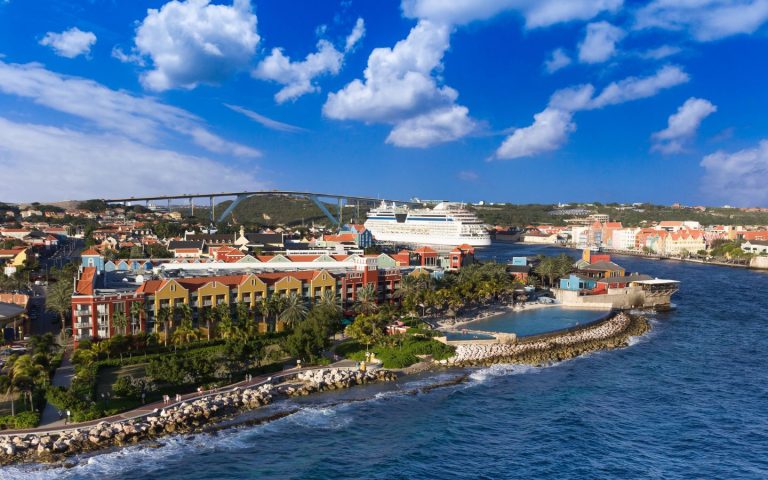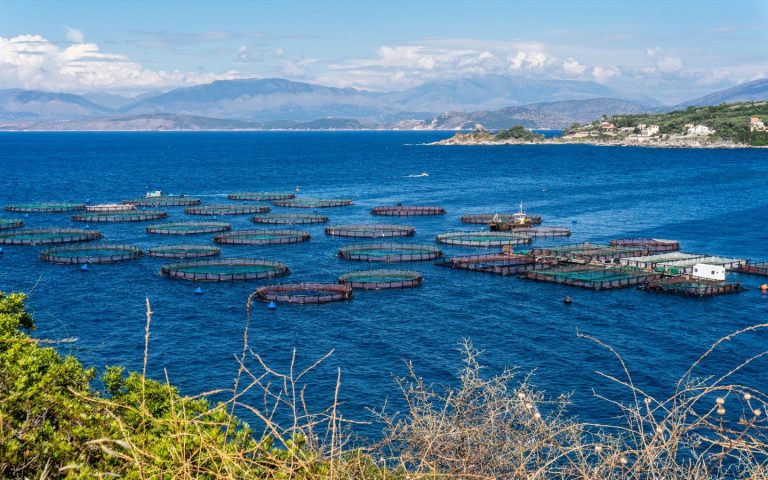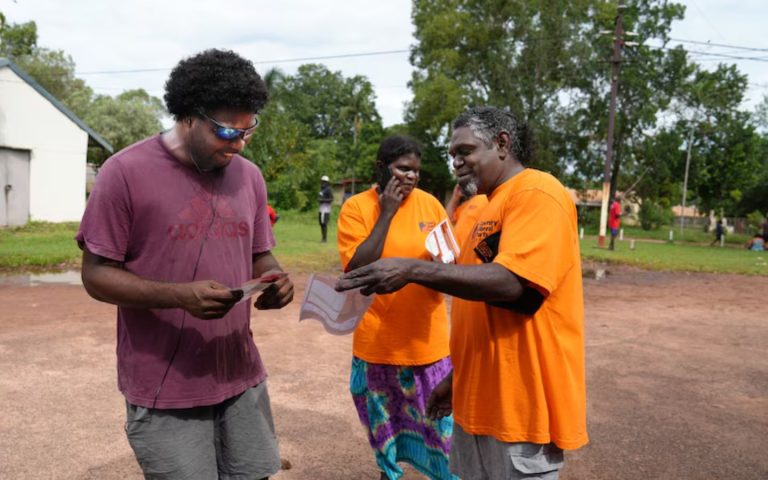On April 17, 1825, twenty years after the independence of its former colony, France demanded that Haiti pay 150 million gold francs. A debt that many researchers now describe as a “ransom.” A debt that plunged the newly formed country into an unprecedented economic crisis. A debt that still affects Haiti 200 years later.
“It’s either sign or war.” In April 1825, a royal mission led by Baron de Mackau came to demand 150 million gold francs from Haiti, which had been independent for 20 years. A sum “accepted by the Haitian government” according to the Journal du Commerce published on September 3, 1825. “There had already been ten years of negotiations before this. Since the Restoration of the monarchy in France in 1814, there was a desire to reestablish control over the island,” explains Mathilde Ackermann, a doctoral researcher on postcolonial relations between France and Haiti at EHESS, the School for Advanced Studies in Social Sciences.
An Indemnity for Independence
What Mathilde Ackermann calls an “indemnity” but which Haitian academic Jean-Marie Théodat describes as a “ransom” would amount to 150 million gold francs. “Haiti accepted because it wasn’t recognised worldwide,” continues Mathilde Ackermann. “England didn’t want to trade with Haiti, neither did the United States, which prevented Haitian diplomatic development.”






















